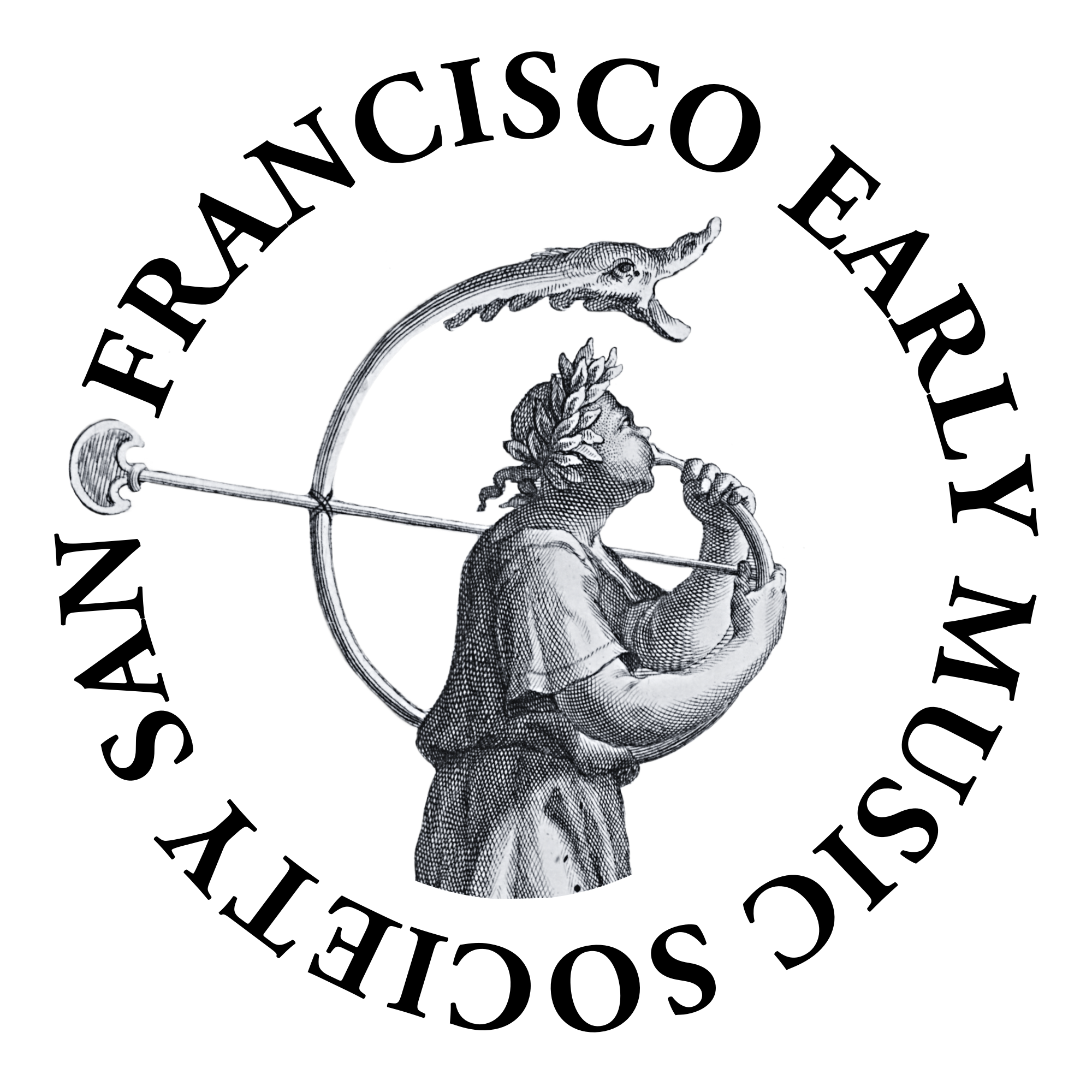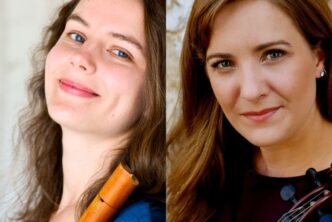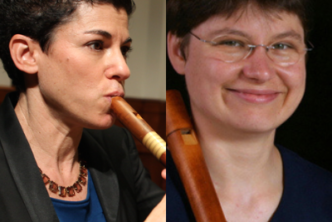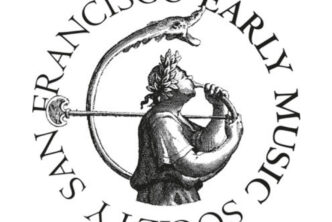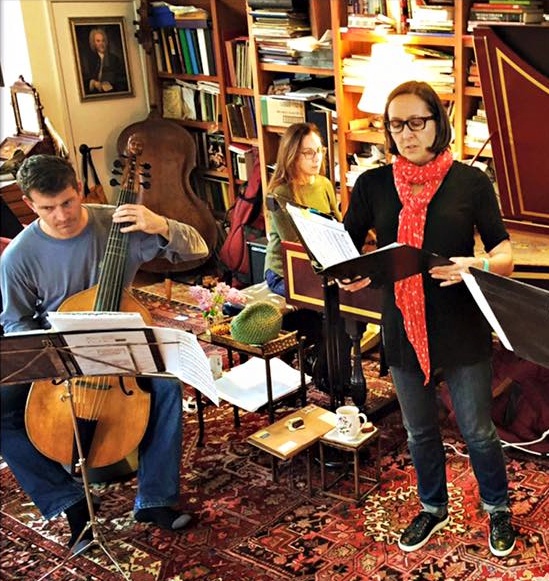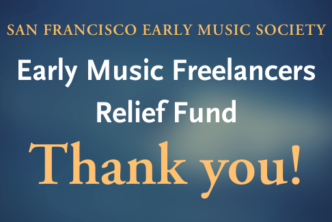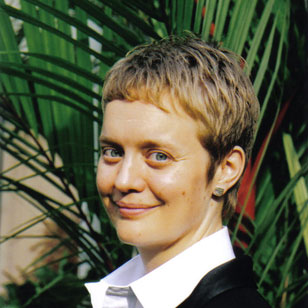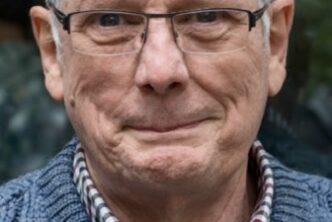Dorothy Manly, SFEMS’ Operations Manager and the Society’s main liaison with both our membership and the general public, has retired after almost two decades service to the Bay Area early music community. One of SFEMS’ most beloved representatives in our 40 year history, she leaves a great gap and will be missed by countless people who have known and worked with her during her tenure with us. Executive Director Harvey Malloy expressed deep gratitude for the dedication and intelligence she brought to managing a wide range of administrative tasks and for greatly improving the overall efficiency of the organization. He also noted the warmth, thoughtfulness, compassion and generosity of spirit that infused her interactions with everyone she met, qualities every bit as important to our mission and service to early music. To have benefitted from her talents and character for so long has been a blessing, and she exemplifies the caliber of people the Society, and indeed early music, attract.
In many ways, the story of SFEMS is embodied in the lives of our individual members. Dorothy’s offers an object lesson in how music can weave through our experiences, bring us together, and create the remarkable community of interest that we share. In a phone interview last month, she talked a little about what drew her to this beautiful and arcane art, and what it has meant to her.
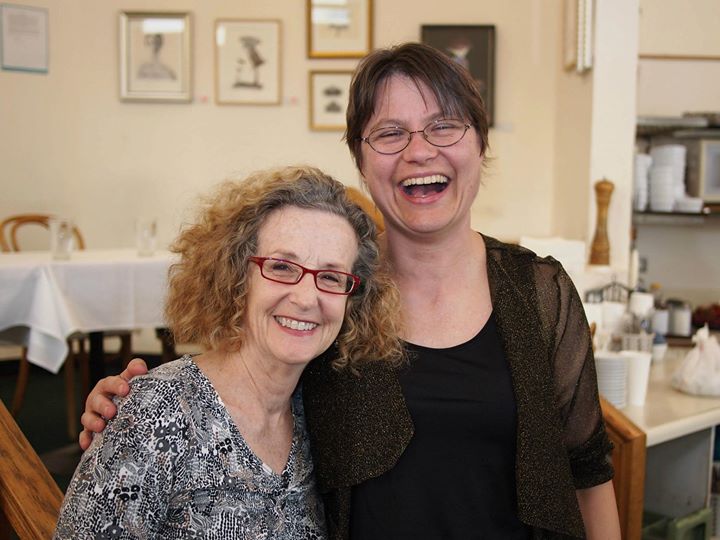
Dorothy grew up in Virginia, in a household where music was valued and she was encouraged to practice as well as appreciate it. Before she had started high school, she had not only done a fair amount of singing, but had studied piano, violin, and cello. And from the time she was quite young, she said she felt a natural affinity for early music.
“I think I was born with an early music gene,” she reflected with a smile you could hear through the phone. “I started piano lessons when I was in second grade. Among the ‘easy pieces’ I was studying, there was a hornpipe by Muffat, which spoke to my insides so much I couldn’t stop playing it.”
Throughout her childhood and youth she continued singing, both in church choir and in school. By hilarious coincidence, her junior high school choir director was named William Byrd, and the ensemble did in fact do some music by his namesake, which she also loved.
In the 5th grade Dorothy took up the violin, switching to cello two years later. She loved the instrument (her grandfather bought her one as a 15th birthday present), and her enthusiasm enabled her to move quickly from 6th to first chair in the orchestra. One of her teachers, recognizing her talent, got her involved in a citywide string ensemble for high school students. They gave two concerts per year, all of it early music.
Dorothy attended Hollins, a small liberal arts college for women outside Roanoke, where she majored in Art History. During her college years she participated in no fewer than seven ensembles, playing cello and piano as well as singing. She recalls that her college dean was a recorder player, and Dorothy soon added that to her instrumentarium.
After graduation, she switched her field of study to classics, in which she first earned a masters degree from the University of Kentucky, and then went on to the University of Chicago for further graduate work. Chicago offered a rich environment for someone deeply engaged with music. Amid her coursework, and research and while raising two children, she found time to join the Collegium Musicum, which that year was directed by a young gambist named Julie Jeffrey. Dorothy recalls the experience as both compelling and a huge amount of fun.
On returning to Lexington, her involvement with early music and historical instruments deepened. Once again she joined a choir, this time led by the late Donna Boyd, founder and director of Kentucky’s Center for Old Music in the New World. Dorothy describes this as the only early music for miles around. The very remoteness of this organization may have opened opportunities a talented but non-professional musician such as Dorothy ordinarily might not otherwise have had. Boyd wanted to do include Richard Dering’s Country Cries as part of a concert she was preparing and needed another gambist to complete her consort. As Dorothy tells it, Boyd put a tenor viol in her hands along with a copy of Martha Bishop’s instruction book and the score to Dering’s piece, telling her to be ready to play it in the next concert. As an experienced cellist, however, Dorothy was completely up to the challenge.
Her developing interest in the gamba led her to study one summer at the Baroque Performance Institute at Oberlin, where she met and was able to study with Mary Anne Ballard, August Wenzinger, Nancy Argenta, and Max van Egmond. Her son, who was becoming a talented young singer in his own right, attended a choir camp near Cleveland at the same time. It turned out to be rewarding not only to Dorothy but to her son, who later attended St. Thomas Choir School in New York City, the last full-time residential choir school in the US.
Moving to the Bay Area in the late 1990s, she once again found herself in the midst of a rich cultural environment and threw herself into a variety of musical activities. She discovered the Viola da Gamba Society and sang in a 4-member SATB ensemble that performed for services at Palo Alto’s St. Ann Chapel. The latter commitment lasted 8 years, until the director changed directions and started doing more contemporary works. In 2000, she was privileged to participate in the Berkeley Festival, singing soprano as part of Magnificat’s choir in their performance of Bach’s B Minor Mass, under the direction of Warren Stewart. She currently sings with Shira Kammen’s ensemble Gallamaufry.
Dorothy cannot recall exactly how or when she became aware of SFEMS, but once she did, she quickly became involved. Credit for her recruitment goes to then Administrative Assistant Susan Hedges, whose warmth and enthusiasm brought many new members into the Society. As Dorothy recalls, she called the SFEMS number, which Susan answered in those days, and Susan—herself born in Kentucky and raised in neighboring Tennessee—immediately recognized Dorothy’s accent. An affable conversation soon revealed a connection between their families some decades earlier. The two women quickly became friends, and Dorothy began working as a volunteer, helping Susan first with the box office and soon with membership. When Susan retired in 2007, she strongly urged the board to hire Dorothy as her successor.
For the past eight years, Dorothy has done a broad range of administrative work. She has been the voice and face of SFEMS, answering our main phone, selling concert season subscriptions and individual tickets, as well serving as registrar for our Summer Workshops. She did her best to answer every question she could about early music to whoever called; and when she didn’t know the answer herself, she called or emailed others find someone in the Society who did. She forwarded concert information for our weekly calendars and other community news to the newsletter editor. She maintained our membership database and sent out renewal letters. She was our house manager, greeting patrons at our concerts, selling more tickets at the front of the house, and coordinating the work of ushers. Sometimes she got up on stage to introduce our artists.
“Part of me is very sad to leave this organization,” she said. “I hope I don’t lose contact with the many people I’ve gotten to know. There’s a lot of work to do in the community, and I hope that I’ll be able to continue contributing to it.”
“SFEMS is a great source of connection with like-minded people. It’s been very gratifying to contribute to something that’s meant so much to me my whole life. This is a wonderful group. I’ve been able to work with some of our greatest professional musicians. They’re really nice as people, not snobs; that’s part of what makes early music so special.
“Early music needs to remain accessible,” she added. “That’s one of its glories.”

